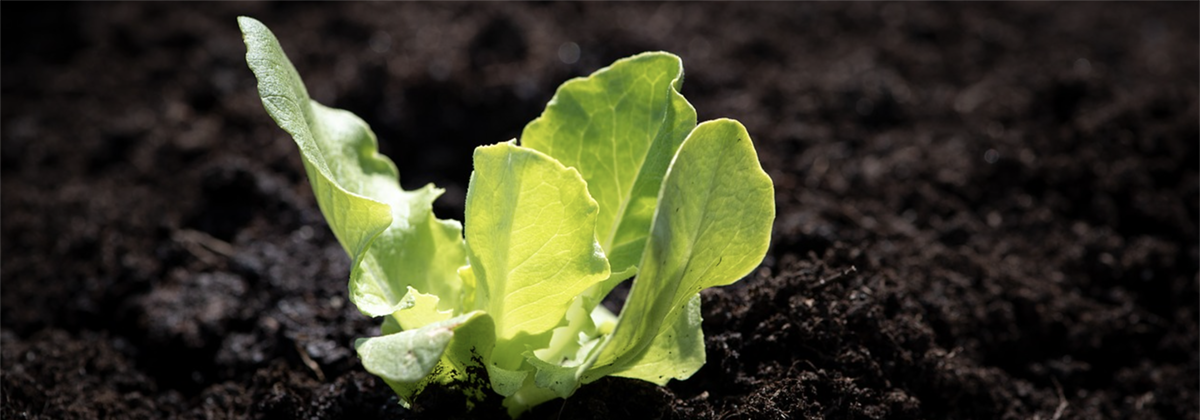Click here to read the full issue: https://mailchi.mp/whidbeyinstitute/newsletter-1122357
Transformational learning in the present moment
Transformational learning was once defined by Dean Elias as, “the expansion of consciousness through the transformation of basic worldview and specific capacities of the self.” Through transformational learning, in the words of Jack Mezirow, “ . . . we learn to negotiate and act on our own purposes, values, feelings, and meanings rather than those we have uncritically assimilated from others—to gain greater control ove r our lives as socially responsible, clear-thinking decision makers.” According to John M. Dirkx, transformational learning “challenges our existing frames of reference—the beliefs and assumptions we hold about ourselves, others and the world,” while at the same time “evoking potentially powerful feelings and emotions within the learning experience.”
Transformation requires us—voluntarily or involuntarily—to move outside our normal contexts, patterns, and routines, and is best supported when we feel safe enough to move through unfamiliarity.
Are we collectively living outside our normal context right now? I’d say so! I’ve heard people in their teens and people in their 80s express that this COVID-19 response is different from anything they’ve lived through, with its deep impact on a global scale.
Do we feel safe enough to move through this unfamiliarity with resilience, creativity, and compassion? That varies—on our circumstances, our support networks, our privileges, our trauma, and so much more.
One of the most profound things we can do in this moment is to expand our circles of care to ensure that those living with the effects of economic disenfranchisement, housing instability, racism, food insecurity, and other risk factors are supported—in other words, to ensure that whatever bright future we strive for when we talk of “the new normal” is a future with space for all of us.
In contemplating what we might learn, I think of what is possible for me, such as:
- planting seeds
- reading books
- holding my children
- connecting with my loved ones
- soaking up sun
- moving my body
- being still.
I think, also, of what is necessary to remove the structural obstacles that stand in the way of these freedoms for everyone. Let me add to my list:
- planting seeds of change in my actions and behaviors
- reading works by authors with marginalized identities
- holding space and advocating for migrant and unsheltered families
- connecting with imprisoned people, isolated elders, or others needing friendship and connection
- casting light into the shadows of my own privileged socialization
- embodying my values more deeply every day
- being awake to what is possible in this moment of collective change.
May we experience what is possible when our collective courage, compassion, and responsibility are awakened.
—Marnie Jackson

